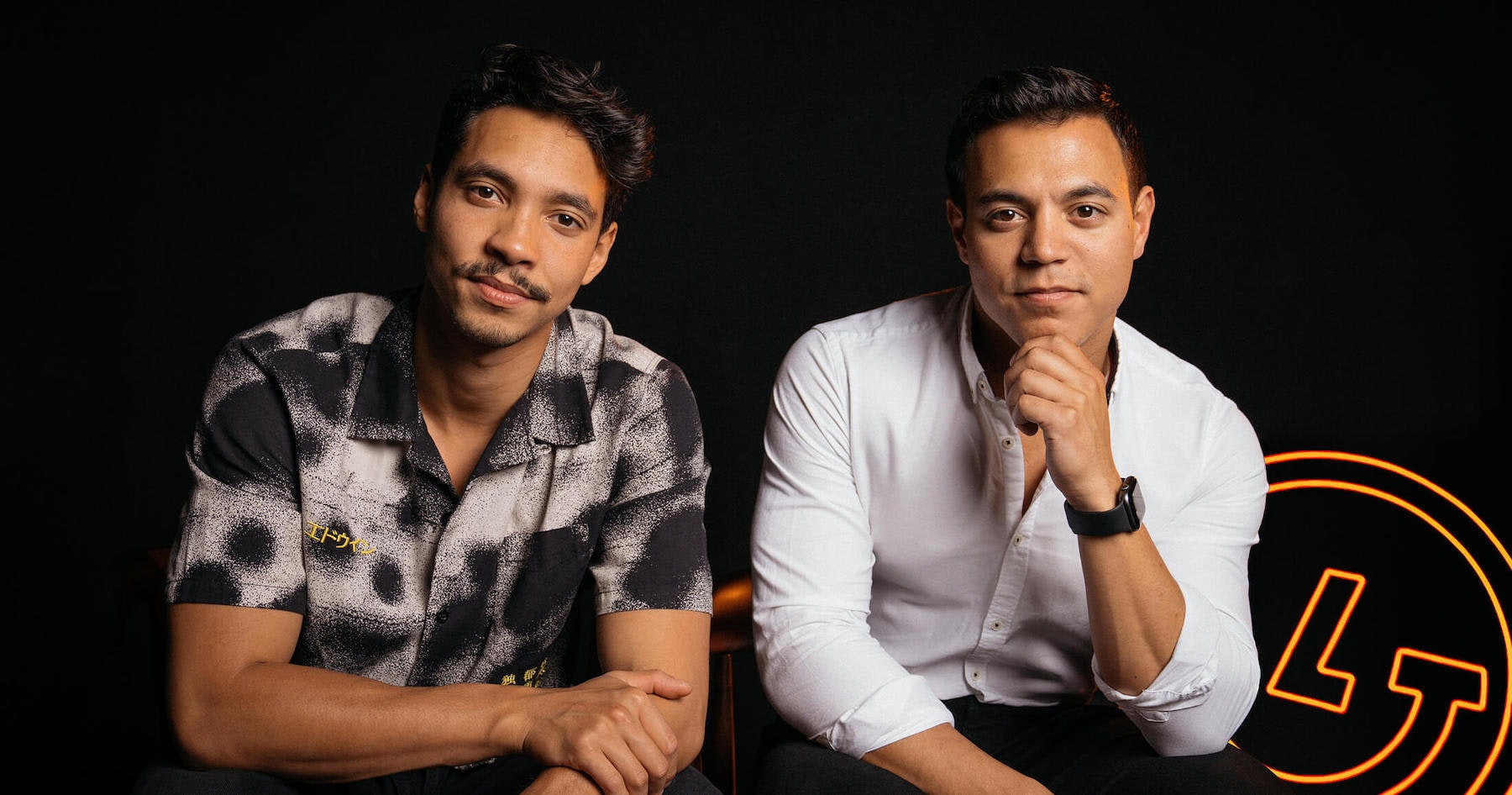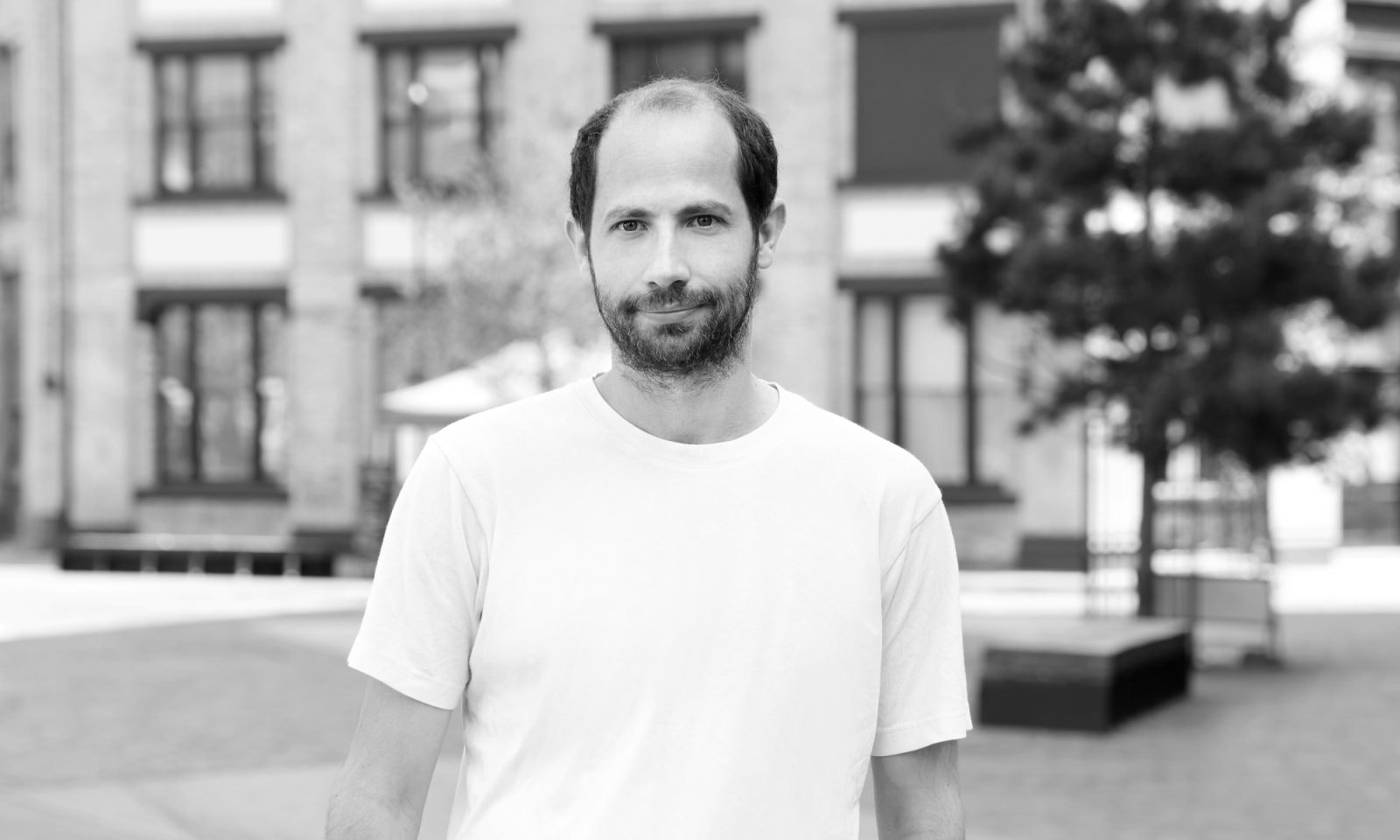I’m one of many Gen Zers to take up the hobby of film photography recently — partly in an attempt to detox from the immediate gratification of Instagram and stop poring over my camera roll every time I want to document a moment.
It is a sentiment that has not gone unnoticed by social media startups like Lapse, an app that mimics the disposable camera and turns it into a social experience. Cofounder Dan Silvertown says that a marked shift in consumer behaviour reflects this mindset: “We've had this era where everyone's gone through a hyper-polished world of sharing on Instagram, and people loved curating a perfect little life. What's happening now is there's a swing back towards authenticity, because people feel exhausted by social networking.”
That swing has sparked a new wave of apps that prioritise authenticity over engagement: alongside Lapse, French apps BeReal and amo’s ID are all focused on offering a less curated version of our digital selves than that offered by incumbents like Instagram or TikTok, dominated by influencers and with a not-undeserved reputation for promoting a hyper-commercialised glossy unreality.
But while these new entrants to the market are gaining traction — and VC investment — they remain in the shadow of incumbents like Instagram, which is projected to make over $50bn in ad revenue in the US alone by the end of 2023. So, do people really want authenticity online — or do they just think they do?
The anti-influencer
This wave of apps promoting candidness believe that they do. All have one foundation in common: the shunning of the influencer culture that dominates popular platforms like Instagram and TikTok, and a focus on real-life friends and connections.
These new authenticity-first apps have explicitly targeted the desire to post to an exclusive group of loved ones: BeReal promises “Your Friends for Real”, amo’s ID says it provides “a new kind of social profile that you make with your friends, on a limitless board” and Lapse is “for friends, not followers”.
Lapse was founded in 2021 but relaunched in September 2023, after the founders realised that the initial iteration was only being used on holidays as a disposable camera alternative, rather than a daily social app. Upon its re-release, it spent over two months in the top five of the US free downloads chart, according to Apptopia.

Users join a small group of friends on the currently invite-only app and can take up to 36 photos — the length of a regular film roll — between them. The catch is that these photos will only appear between three and five hours after being taken, a sped-up mimicry of sending a film roll off to be developed, creating “the last place where photos are unmanipulated”, according to its cofounders, brothers Dan and Ben Silvertown.
Jeroen Arts, investor at VC firm Speedinvest, which invested in Lapse in 2021, notes that even before the startup, Instagram users were already trying to establish a friends-only culture.
“People were revolting against the picture-perfect photos [on there] by posting whatever scrappy photos they had to Instagram,” he says. But he adds that, thanks to Instagram’s increasing promotion of likes, engagement and viral video content, it falls short for users looking to forge a more personal experience.
Incumbent apps have tried and failed to replicate the candid experience: TikTok launched a BeReal copycat feature in September 2022 — which it quietly killed just nine months later.
Though users could just purchase a film camera for the true experience that Lapse is mimicking, the price of film and development is a barrier, says Ben: “It’s sad that in order to have a detached experience, you have to spend a lot of money.” Eventually, they hope Lapse will replace a phone’s in-device camera option and become the default way for users to take photos.
Arts says this is what differentiates it from BeReal — arguably its closest competitor — which allows users a maximum of three photos and only if they take the first one within two minutes of the notification being sent.
But others aren’t so convinced that enough long-term demand is there.
Many people just give up or go back to their former social networks
Julien Codorniou, investor at Felix Capital, says that the foundation of these apps is logical: “The need for ‘authentic’ connections and ‘real and meaningful social graph’ always makes sense at the beginning for these apps, because people are looking for more meaningful connections and smaller/secret groups of friends to chat or interact with.”
But he adds that it gets complicated quickly, as users start looking for more content or more friends on the platform when they run out of things to see compared to the endless scroll on incumbents.
An easy way to grow a user’s network when this happens is to request access to their contact lists, but Codorniou says that users will be reluctant to consent even if the intention is to get more friends onto the platform — a problem that Lapse’s founders say they’ve faced with its invite-only method, which currently requires new users to invite five friends before they can use the app.
“It now takes a lot of time and effort to rebuild your social graph in a new app,” says Codorniou, “and many people just give up or go back to their former social networks.”
YouTuber-turned-investor Caspar Lee, who cofounded the VC fund Creator Ventures in 2022 and has over 2.3m followers on Instagram, reckons that the era of social media that is designed for your personal circle is long gone, replaced by influencer-first platforms.

“Social media has shifted from connecting with friends and family to showcasing professional creators who captivate audiences,” he says.
Though there is an “authenticity gap” created on these apps where influencer content and engaging videos dominate the algorithm, Lee highlights that “long-term traction remains elusive” for alternative platforms, as consumer attention remains captured by existing social media platforms-turned-entertainment hubs.
Can consumers commit to authenticity?
Though BeReal saw attention begin to wane by the end of 2022, it seems to be back in favour: according to data from Apptopia, new monthly downloads spiked to over 5m in June 2023. Though by November they had slowed to 3.3m, Apptopia records that the app maintains almost 33m active users every month, four million more than at the start of 2023. BeReal says that it had 20m daily active users in April 2023, rising to 25m daily active users in September.
Older apps targeting authenticity have fallen from grace, however. Paris-based Zenly, which allowed users to create collaborative maps with their friends and was founded in 2011, was bought out by Snap in 2018 and then shut down as part of layoffs at the parent company in 2023. Clubhouse, where users could host live podcast-like discussions, saw a drop from its peak of 15m new downloads in February 2021 to just 3m the following month, according to Apptopia — most recently, November 2023 saw fewer than 500k people downloading the app.
After relaunching the app in September, UK-based Lapse spent 64 days in either first or second position in Apple’s photo and video app category rankings in the US — its most popular market — ranking higher than Instagram and Snapchat. It also maintained a top-five position in the American rankings for overall free app downloads for almost two months.
In the last couple of weeks, those numbers have begun to slip: at last count, it sits at number 19 in the US’s general free downloads rankings, and number four for photo and video — it still maintains a lead on Snapchat, though, and US-based monthly active users have steadily grown month by month, to almost 6.5m in November 2023.
Arts admits that the failure rate of these ventures is high — but adds that while users will always chase the dopamine hit that the validation of apps like Instagram provides, people are also still in search of new ways to connect with friends amongst the influencer-filled alternatives.
“There’s a whole graveyard of consumer social apps,” he concedes — so, the ecosystem may just have to wait and see if digital authenticity is yet another victim to be buried, or if it will live to enjoy the immortality of its social media incumbents.

